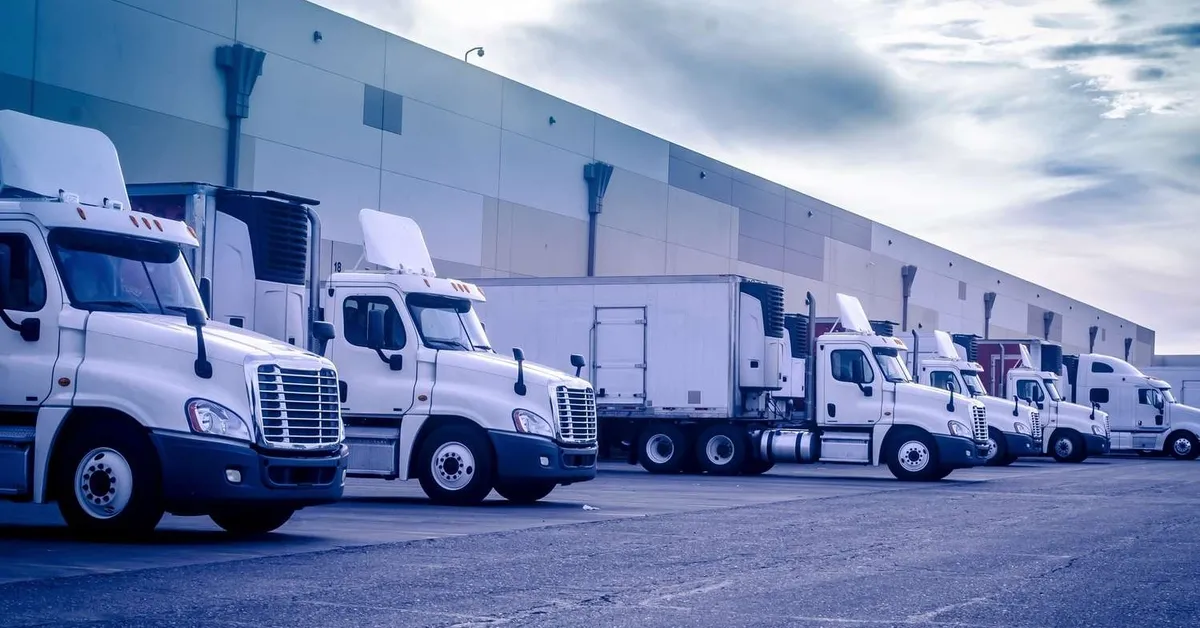
Best Practices for Box Truck Fleet Management for Efficiency and Safety
Table of Contents
The box trucking sector relies heavily on fleet management. A well-managed fleet not only assures operational efficiency but also the safety of drivers, cargo, and other road users. In this blog post, we’ll go through the best practices for box truck fleet management to help you optimize earnings, cut costs, and develop a successful business.
Efficiency:
In the box trucking industry, efficiency is critical to success. The better you manage your fleet, the more money you can save on gasoline and other operational expenses. To improve efficiency, prioritize route optimization, maintenance scheduling, and streamlining your dispatch process. GPS tracking devices and telematics can be used to monitor your fleet’s movements and highlight areas for improvement.
Maintenance:
Frequent maintenance is essential for maintaining your box trucks in good working order. Frequent checks and tune-ups can assist you in identifying and correcting problems before they become more serious. Furthermore, regular maintenance can enhance fuel efficiency, lengthen the life of your cars, and reduce the likelihood of failures and costly repairs. Keep detailed records of every maintenance performed, including oil changes, tire rotations, and other repairs, to ensure your cars are in good working order.
Driver Control:
Your drivers are an important component of your box truck fleet. Employing experienced and trained drivers can help you reduce accident risk, cut costs, and improve overall service. Consider offering competitive compensation, perks, and possibilities for advancement to attract the best drivers. Moreover, ensure that your drivers receive frequent training and support to help them succeed and develop their abilities.
Dispatch Administration:
The success of your box truck fleet is dependent on an efficient dispatch mechanism. A well-organized dispatch system can assist you in reducing downtime, improving communication, and ensuring that your vehicles are utilized to their full potential.
Safety:
Any box trucking company places a premium on safety. Frequent safety inspections and training can help you reduce the risk of accidents and guarantee that your drivers are driving safely. Consider developing safety initiatives to encourage your drivers to use best practices and lower the likelihood of accidents.
Conclusion:
You can maximize your revenues, cut costs, and develop a successful box trucking business by following these best practices for box truck fleet management. Consider teaming with a dependable and professional dispatching firm like Reize if you require more assistance. Our team of professionals can assist you in managing your fleet, finding the greatest cargoes, and ensuring your company’s success.



